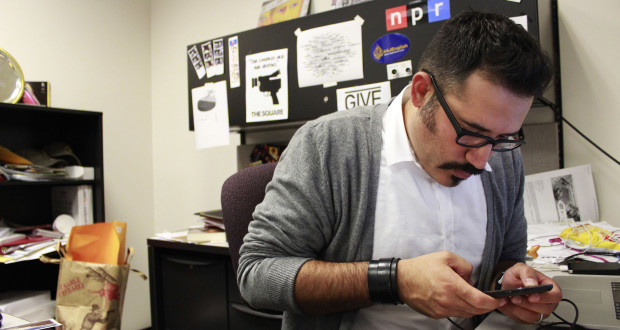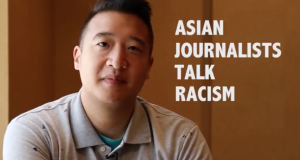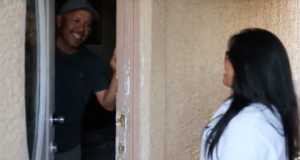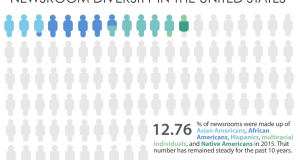Newspaper reporter was ranked as the worst job in 2013 by the Web site careercast.com.Pouring thousands of dollars for a master’s degree in journalism has raised a big question: Is it worth it to go to graduate school?
Journalism schools are reworking their programs to cater to changes in the industry. The University of Southern California’s Annenberg School for Communication and Journalism starts a new nine-month program this fall that will create a digitally converged newsroom in which students can complete broadcast, print and online journalism projects in one place. For-profit schools such as the University of Phoenix and Walden University have opened online programs for journalism.
Michael Parks, director at Annenberg, says journalism schools have become more essential as entry points for aspiring journalists than ever before. He started at the Detroit News in 1962 as an apprentice reporter, something that doesn’t happen in many of today’s newsrooms.
“They want people to come in and write right away,” Parks says, “They want people to come in and be able to cover the Trayvon Martin trial from television. …They want people to be able to look at Twitter, what’s going on and pull it together in a story and do it on deadline. That’s what we teach.”
Because of tuition costs and the unstable careers journalists often experience, some critics cast doubt about journalism schools.

Google Glass is one innovation in technology that journalists might consider evaluating. SHAKO LIU | VOICES
“In general, journalism school involves paying a lot of money for training that could mostly be had for free (or while getting paid), in order to enter an industry with extremely slim job prospects,” said Hamilton Nolan, a writer for the Web site Gawker.
Nolan suggests aspiring journalists write on their own — start a blog, make a Web site, write anything they like.
“Taking a boring paid low-level journalism position will get you good training without requiring you to pay someone,” Nolan says.
Enrollment in journalism and mass communications master’s programs was down 8 percent from 2010 to 2011, according to the most recent data from the Cox Center at the University of Georgia. But there was a jump in enrollment numbers from 2010 to 2011. And the 13,392 graduate students who enrolled in 2011 is up from 13,034 in 2009.
Schools such as Columbia, which offers two degrees — an M.S. for entry-level journalists and an M.A. for mid-career journalists — can still tout successes with their graduate journalism program. Steve Coll, dean of Columbia’s journalism school, said 75 percent of its graduates were placed into jobs within a month of graduation.
Vegas Tenold, a Columbia J-school graduate in 2011, said the degree was worthwhile even though he took out a student loan of more than $50,000. The program brought the Norwegian national to the U.S., and helped him become a good writer. He is now working in a Norwegian news outlet as an American correspondent.
With new ranges of opportunities for journalists, who are increasingly working in startups, news websites and new media publication, Parks is optimistic about the future of the industry.
“More people are getting more information in more ways than ever before, and who is gathering that? Mostly journalists,” Parks said. “Who is organizing and analyzing it? Mostly journalists. Who is distributing it? There are journalists working with people who understand the digital change. I see a very good future of journalists.”
 VOICES Publishing from the AAJA National Convention
VOICES Publishing from the AAJA National Convention








